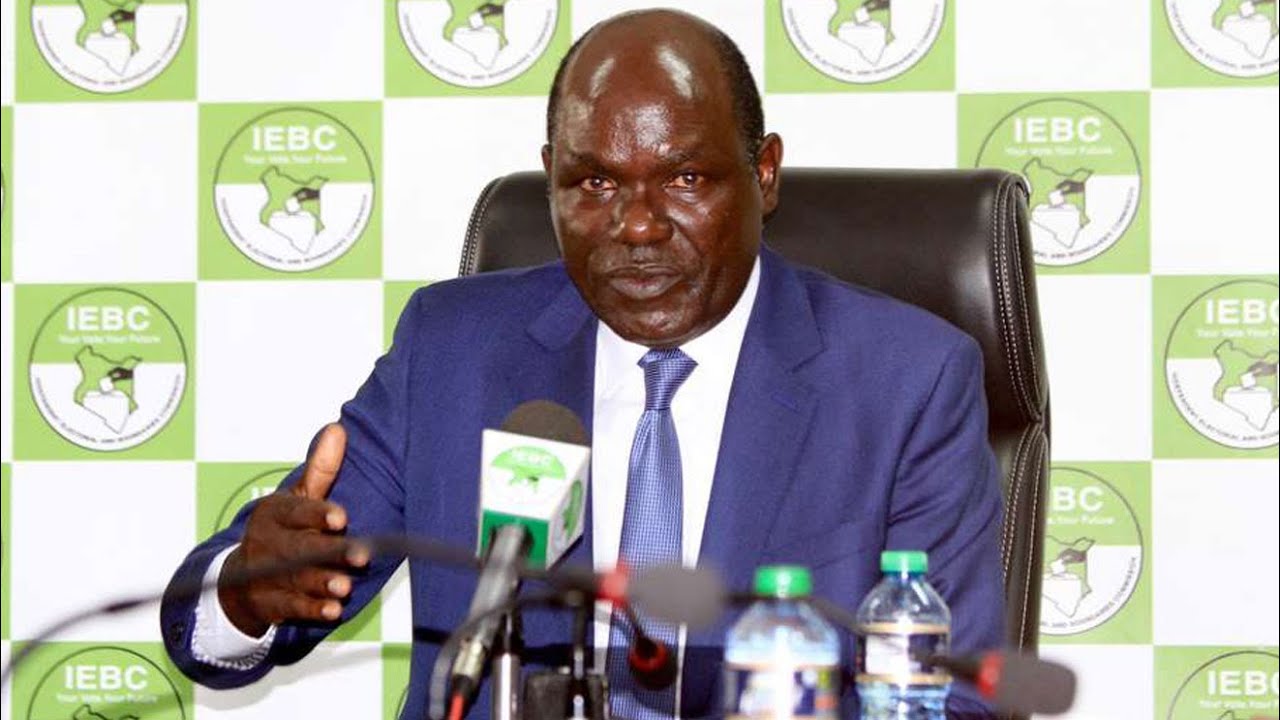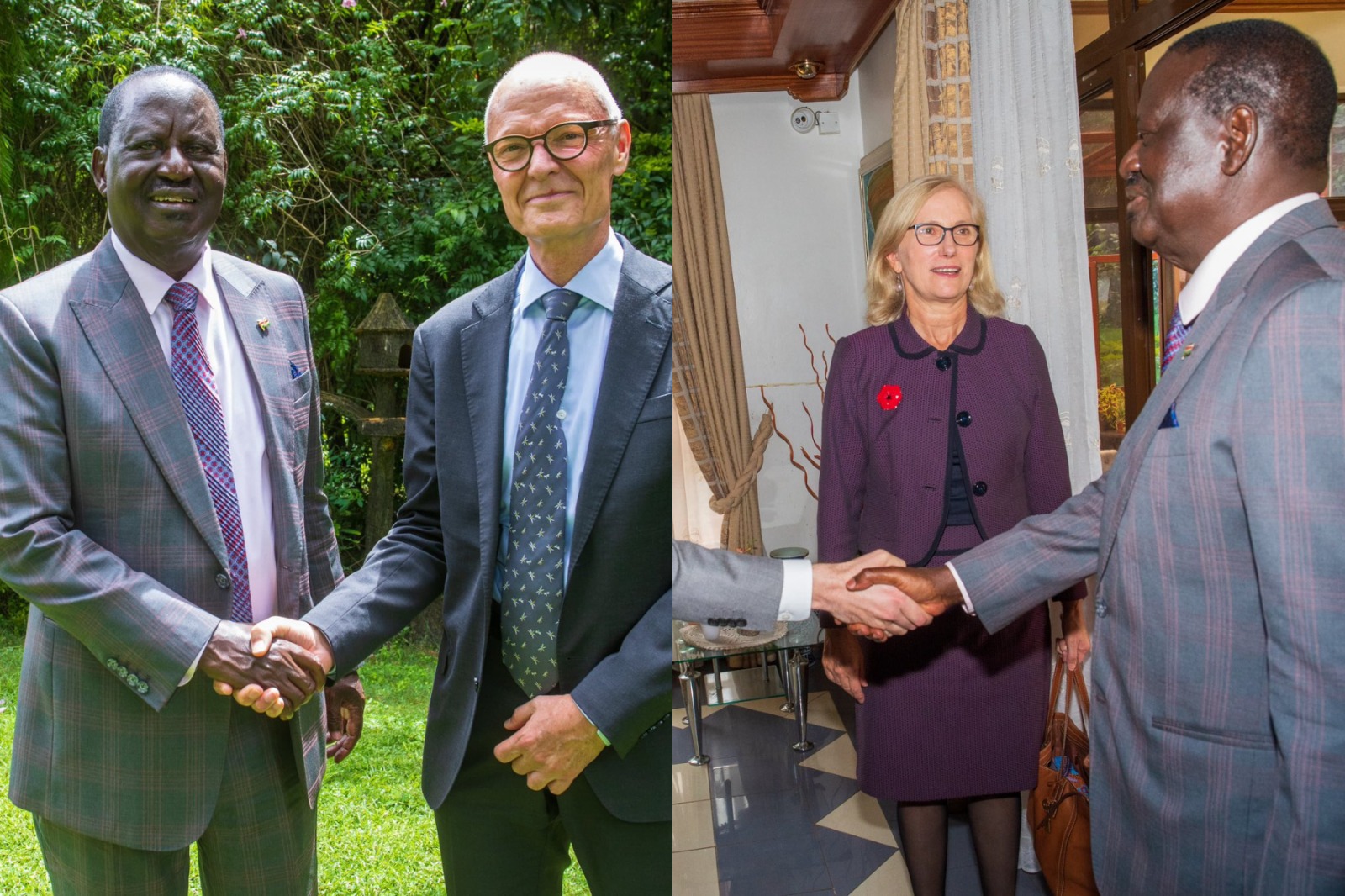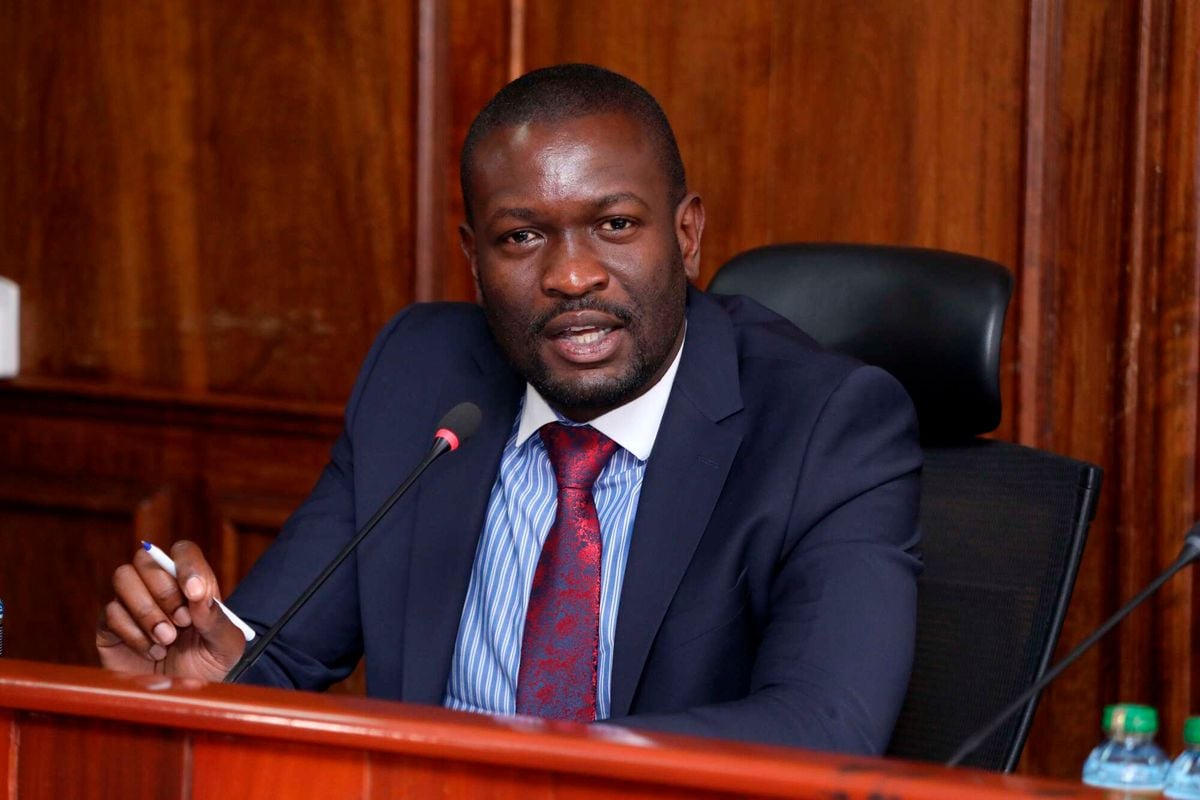The High Court in Kenya on Friday, October 15, 2021 ruled that the law requiring Member of Parliament (MP) and Member of County Assembly (MCA) aspirants to have degrees from recognised universities unconstitutional.
High Court Judge Anthony Mrima said the law is unfair and violated Article 10 (2)(a) of the constitution which requires public participation.
He cited this as the reason he declared the Section 22 (1)(b) of the Election Act illegal.
"A declaration issued that section 22 (1)(b) of the election act is unconstitutional and in violation of Article 10 (2)(a) for failure to take public participation," said Justice Mrima.
Section 22 (1)(b) states that a person may be nominated as a candidate for an election under this Act only if that person holds–– (i) in the case of a Member of Parliament, a degree from a university recognized in Kenya; or (ii) in the case of member of a county assembly, a degree from a university recognized in Kenya.
Read More
The Law was set to apply beginning with the 2022 general elections.
"Notwithstanding subsection (1), this section shall come into force and shall apply to qualifications for candidates in the general elections to be held after the 2017 general elections," states the Act.
 [IEBC Chairman Wafula Chebukati]
[IEBC Chairman Wafula Chebukati]
The ruling comes even as Deputy President William Ruto and leaders allied to him have continued to oppose the law, saying that leadership does not require one to have a university education.
Some of the DP's allies have gone a head to sponsor Bills in parliament that scrap off the degree requirement for MP and MCA aspirants.
“Parliament is reconsidering Section 22 of the Elections Act so that we can remove what the law provides today that in my opinion is an unreasonable restriction on the way of people who want to be elected into various offices,” said DP Ruto.






-1710390248.jpg)